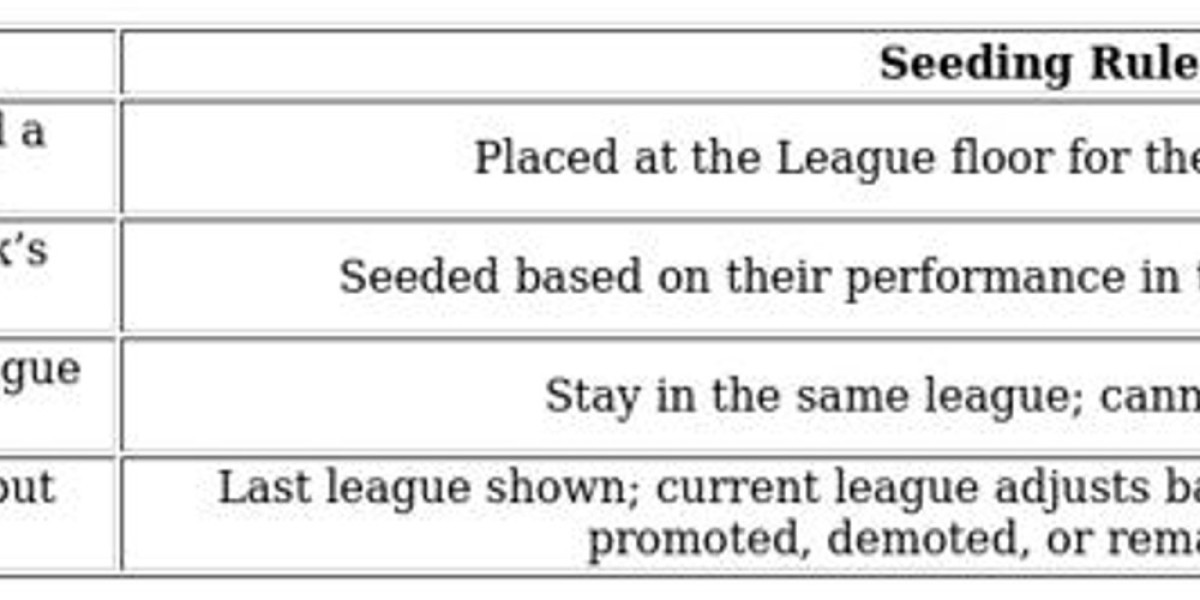Writing essays is an essential skill for nursing and healthcare students. It is not merely an academic requirement but also a way to demonstrate critical thinking, communication skills, and the ability to apply theory to practice. Essays in nursing demand precision, evidence based reasoning, and a professional tone that reflects a deep understanding of patient care, ethics, and healthcare systems.
This guide explores how nursing and healthcare students can develop effective essay writing strategies, improve their structure and argumentation, and present well researched, polished papers that meet university standards.
Understanding Essay Writing in Nursing and Healthcare
Essay writing for nursing and healthcare students is different from writing essays in other academic fields. It involves applying theoretical knowledge to real-life scenarios, critically evaluating evidence-based practices, and demonstrating an understanding of healthcare ethics and professional standards.
Nursing essays typically fall into categories such as reflective essays, case studies, research-based essays, and discussion papers. Each requires a unique approach, but all demand accuracy, critical analysis, and academic rigor. For example, a reflective essay might explore personal experiences in clinical placements, while a research-based essay may require analyzing recent healthcare studies to support an argument.
Students often struggle with maintaining a balance between technical knowledge and academic writing conventions. To overcome this, they must master how to integrate evidence from credible sources, adhere to formatting guidelines (such as APA or Harvard referencing), and present ideas clearly and logically. For additional guidance and expert support, many students turn to Essay writing Help in Sheffield to improve their academic writing and meet university standards.
Research: The Foundation of a Strong Nursing Essay
Every outstanding nursing essay begins with thorough research. Since nursing and healthcare revolve around evidence based practice, the information included in essays must come from reliable and recent sources.
Students should make use of:
Peer reviewed journals: These contain current, credible, and research backed insights into nursing practices and healthcare innovations.
Government and healthcare organization reports: Documents from bodies like the NHS or WHO add authenticity and depth to essays.
Textbooks and e libraries: Academic textbooks provide theoretical frameworks that support critical discussions.
A good approach is to gather more information than you think you’ll need. This gives flexibility in developing arguments and ensures that your essay reflects a well rounded understanding of the topic.
Always take notes while researching and keep track of references to save time when compiling your bibliography later.
Structuring Your Essay Effectively
Nursing and healthcare essays follow a clear academic structure, typically including the following sections:
1. Introduction
The introduction should present the essay’s topic, outline its relevance to nursing practice, and provide a brief overview of the arguments that will be discussed. It must also include a clear thesis statement that guides the essay’s direction.
2. Body Paragraphs
Each paragraph should focus on one main idea supported by evidence. A well written body paragraph will:
Begin with a clear topic sentence.
Include analysis and discussion of relevant research.
Integrate quotes or references accurately.
Connect logically to the next paragraph.
Nursing essays often require linking theoretical knowledge to practical applications, such as discussing how communication models affect patient care or how ethical principles guide nursing decisions.
3. Conclusion
The conclusion should summarize the key findings or arguments and highlight their importance to nursing practice. Avoid introducing new information at this stage; instead, focus on reinforcing the essay’s main message and the relevance of evidence based practice.
Writing with a Professional and Academic Tone
In healthcare writing, professionalism is paramount. The tone should be formal, objective, and concise. Avoid emotional language or personal opinions that are not supported by evidence. For reflective essays, it is acceptable to use the first person (“I”) but still maintain academic integrity and structure.
Tips for maintaining professionalism:
Use clinical terminology accurately.
Avoid contractions and colloquial expressions.
Support all statements with credible evidence.
Use third person perspective in analytical essays.
It’s also crucial to pay attention to clarity and coherence. Complex medical terminology can be confusing, so aim for precise yet accessible language that demonstrates understanding without overwhelming the reader.
Critical Thinking and Analysis in Nursing Essays
One of the hallmarks of an excellent nursing essay is the demonstration of critical thinking. Students must not only describe healthcare theories or practices but also analyze and evaluate them.
For instance, when discussing patient centered care, go beyond definitions explore its challenges, ethical implications, and impact on nursing outcomes. Present both sides of an argument before concluding which approach is most effective, using credible evidence to justify your viewpoint.
Reflective models like Gibbs’ Reflective Cycle or Kolb’s Learning Cycle can help structure essays that require personal insight while maintaining academic depth.
Common Mistakes Nursing Students Should Avoid
Even strong students can make errors that weaken their essays. Below are common pitfalls and how to avoid them:
Lack of focus: Wandering off topic can confuse readers. Always refer back to your thesis.
Poor referencing: Incorrect citation styles or missing references can lead to plagiarism. Always follow your university’s referencing guide.
Overuse of jargon: While nursing requires technical terms, excessive jargon can reduce readability.
Weak conclusions: Avoid abrupt endings summarize the essay’s key points and their implications for healthcare practice.
Neglecting proofreading: Grammar or spelling errors can undermine professionalism. Always proofread or use editing tools before submission.
The Role of Reflective Practice in Nursing Essay Writing
Reflective writing is a cornerstone of nursing education. It helps students link theory to practice, analyze their clinical experiences, and identify areas for professional growth.
In reflective essays, students can discuss their experiences during patient care, ethical dilemmas, teamwork challenges, or communication barriers. However, reflection should go beyond description it must demonstrate self awareness, learning, and an understanding of how experiences shape nursing practice.
Using models like Gibbs or Johns can help structure reflection effectively, guiding the discussion from description to analysis and conclusion.
Time Management and Planning Your Essay
Time management is crucial for nursing and healthcare students balancing coursework, clinical placements, and personal commitments. Start early by breaking the essay writing process into manageable steps:
Week 1: Research and gather materials.
Week 2: Develop an outline and write the introduction.
Week 3: Complete body paragraphs with supporting evidence.
Week 4: Revise, proofread, and finalize references.
Using planners or digital tools can help track deadlines and maintain steady progress.
Conclusion: Building Confidence in Nursing Essay Writing
Essay writing for nursing and healthcare students is more than an academic exercise it’s a vital skill that enhances communication, critical thinking, and professional growth. By mastering research, structure, and analytical writing, students not only achieve academic success but also prepare themselves for future roles as competent, reflective, and evidence based practitioners.
With consistent practice, attention to detail, and the right guidance, any nursing student can transform their writing into a powerful tool for professional development and lifelong learning.








